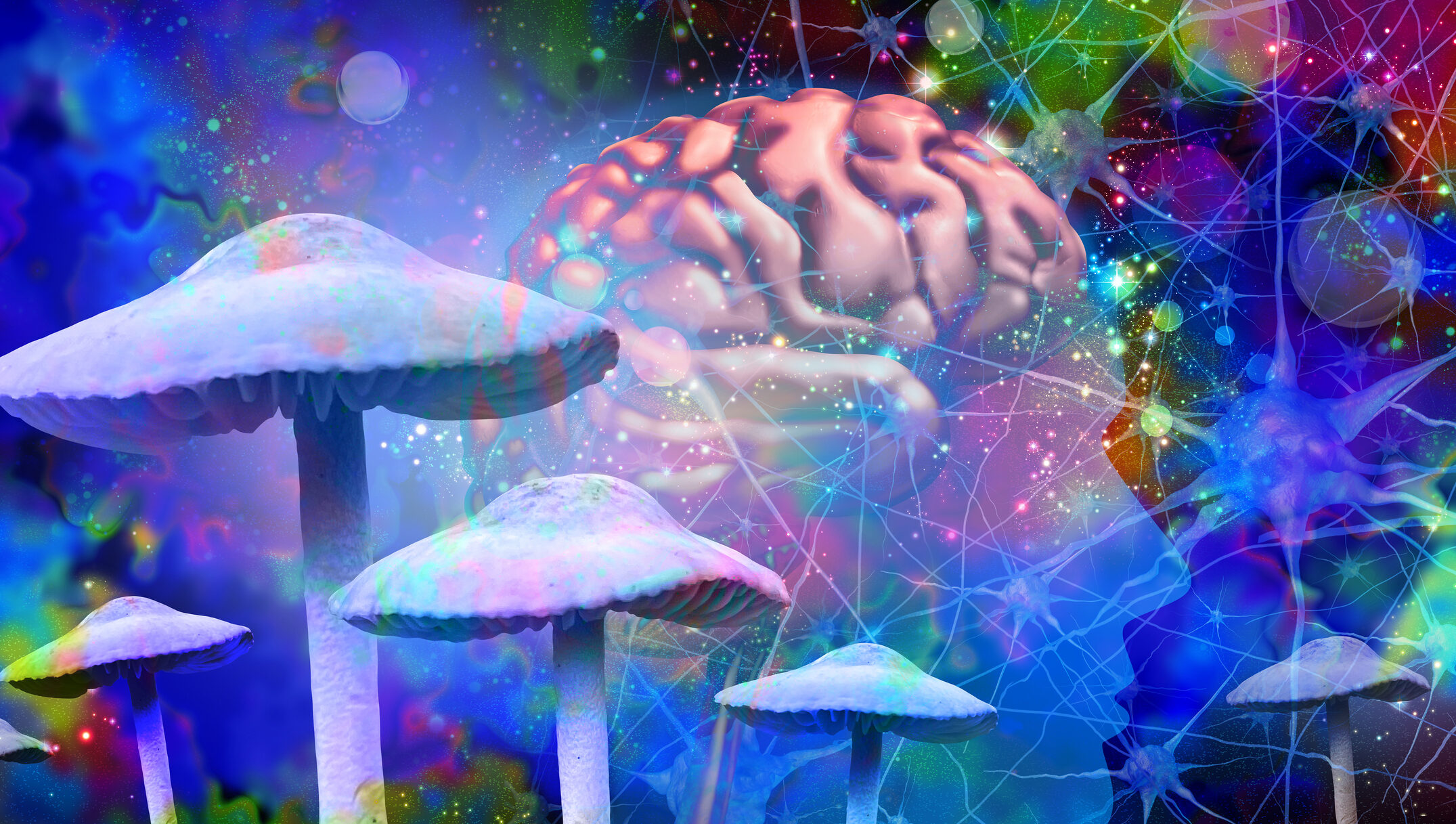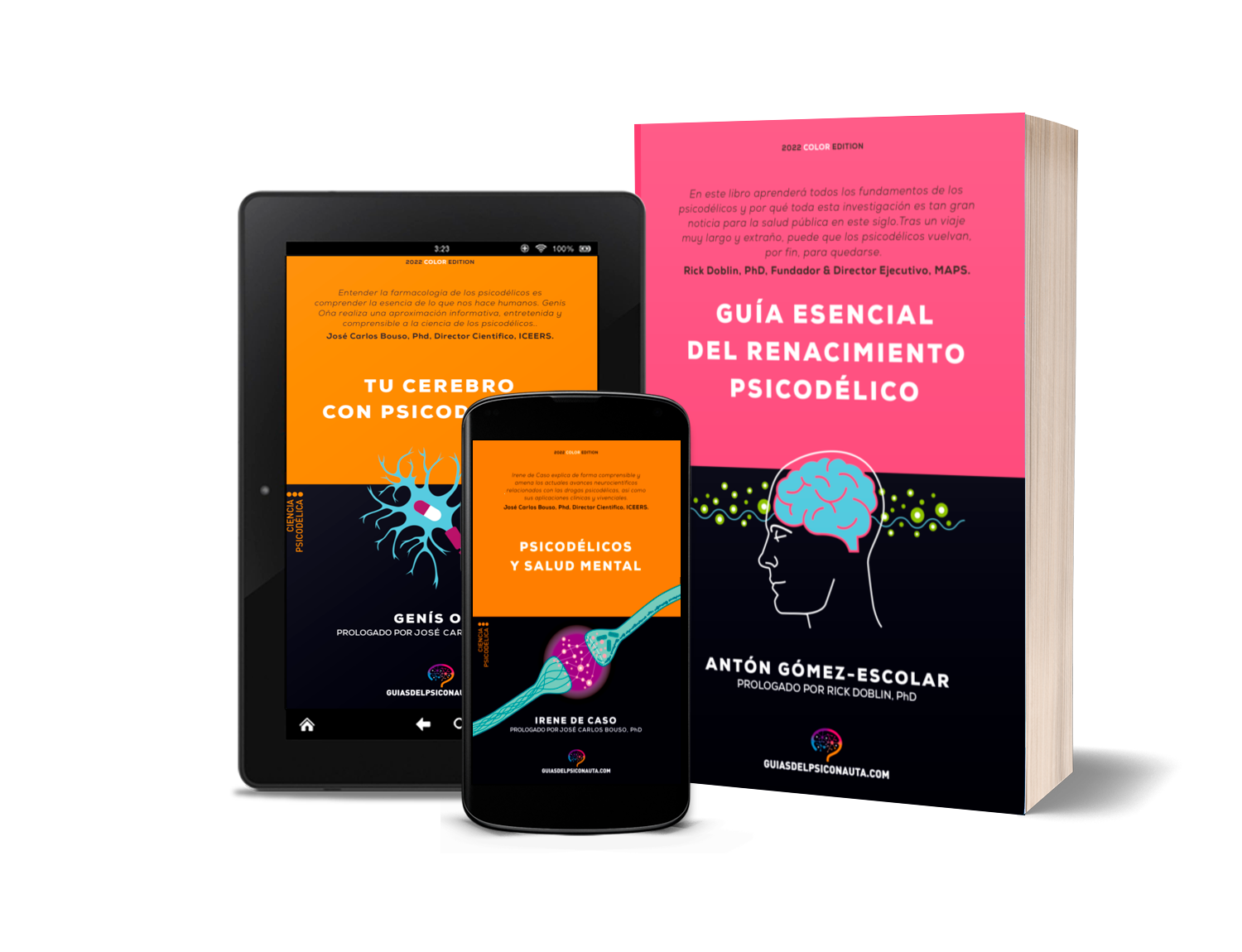By Gabriel García February 23, 2024
There has long been anecdotal speculation about the impact of psychedelics on sexual function, but until now, scientific evidence has been scant. However, a recent study by researchers at the Centre for Psychedelic Research at Imperial College London has shed light on this issue, showing that hallucinogenic mushrooms, LSD and other psychoactive compounds may play a role in improving sexual function, even months after the psychedelic experience.
The main aim of the study was to examine the effects of psychedelics on sexual function, as well as on individual perceptions of sexual relationships, sexual exploration and spirituality. To do so, nearly 300 participants completed questionnaires before and after a psychedelic experience, revealing significant improvements on a variety of sex-related measures for several weeks after substance use.
The study divided the participants into two groups: those taking psychedelics for recreational, wellness or ceremonial purposes, and those with a depressive condition. In the latter group, some participants received psilocybin, the psychoactive compound in hallucinogenic mushrooms, while others were treated with escitalopram, a commonly prescribed antidepressant.

The results were revealing. People who took psilocybin reported significant improvements in enjoyment of sex, sexual arousal, satisfaction with sex, partner attraction, physical appearance, communication and sense of connection up to six months after the experience. On the other hand, most people treated with escitalopram experienced decreases in sexual functioning.
Importantly, these improvements do not indicate ‘hyper arousal’, but rather a transformation in the way people perceive and relate to sexual experiences. The researchers suggest that these findings could have significant therapeutic applications, especially in couples therapy or the treatment of depression, where sexual dysfunction is often an unwanted side effect of antidepressants.
Tommaso Barba, first author of the study, cautions that the use of psychedelics should be guided by mental health professionals and self-medication should not be attempted, especially in patients with depression. Although the results are promising, more research is still needed before considering the clinical application of psychedelics in this context.
In the words of the Psychedelic Research Centre’s clinical director, David Erritzoe, “this study sheds further light on the far-reaching effects of psychedelics on a variety of psychological functions”. Although the path to a clear clinical application is still uncertain, these findings open the door to new possibilities in the field of mental health and sexuality, driving the need for further research into the therapeutic effects of these substances.

If you are interested in learning more about this exciting world, we invite you to consult the Psychonaut’s Guides by Argonowta. These books will give you a broad and balanced view of psychedelics and their potential therapeutic effects. Remember, however, that these substances are not a panacea or a magic solution to all your problems. Their use requires professional guidance, an appropriate context and a responsible attitude. Psychedelics can be a powerful tool for personal change, but they can also be dangerous if used inappropriately or irresponsibly.
The Psychonaut’s Guides from Argonowta Publishing is a collection of books that explain in a rigorous and accessible way the scientific, historical, cultural and experiential aspects of psychedelic substances. These guides offer updated and contrasted information on the therapeutic and neuroscientific applications of psilocybin, LSD, DMT and MDMA, as well as practical advice on how to prepare, carry out and take advantage of psychedelic experiences. The Psychonaut’s Guides are a must-have reference for anyone interested in learning about the psychedelic renaissance that is transforming mental health and changing lives.






